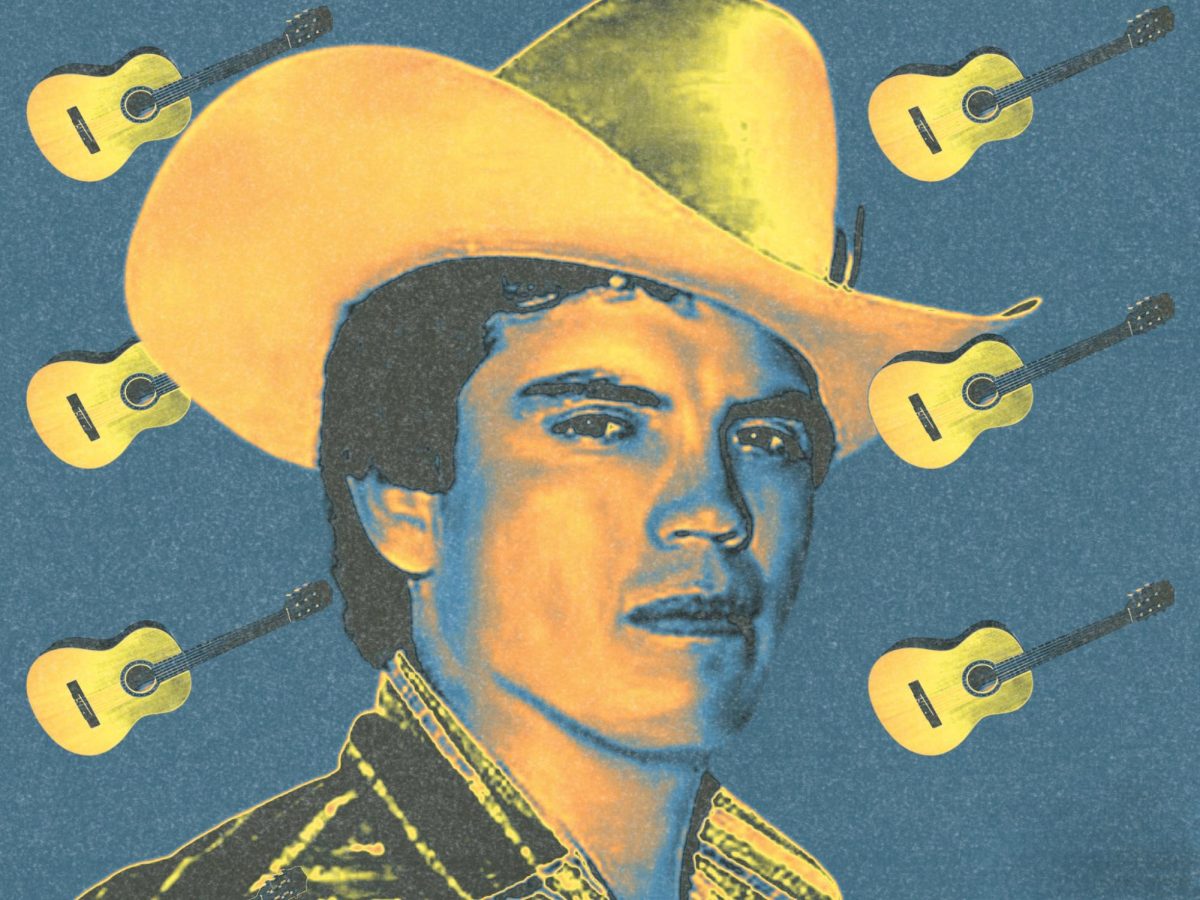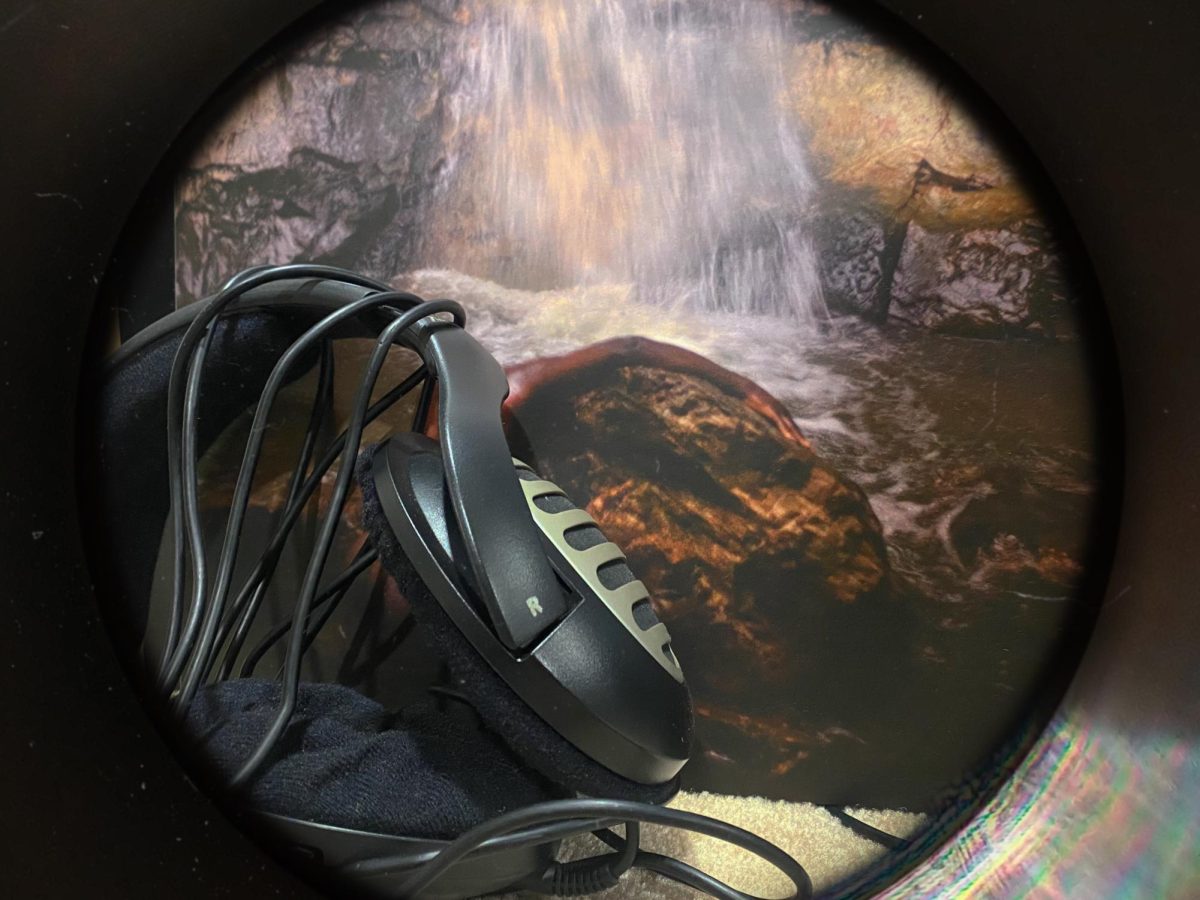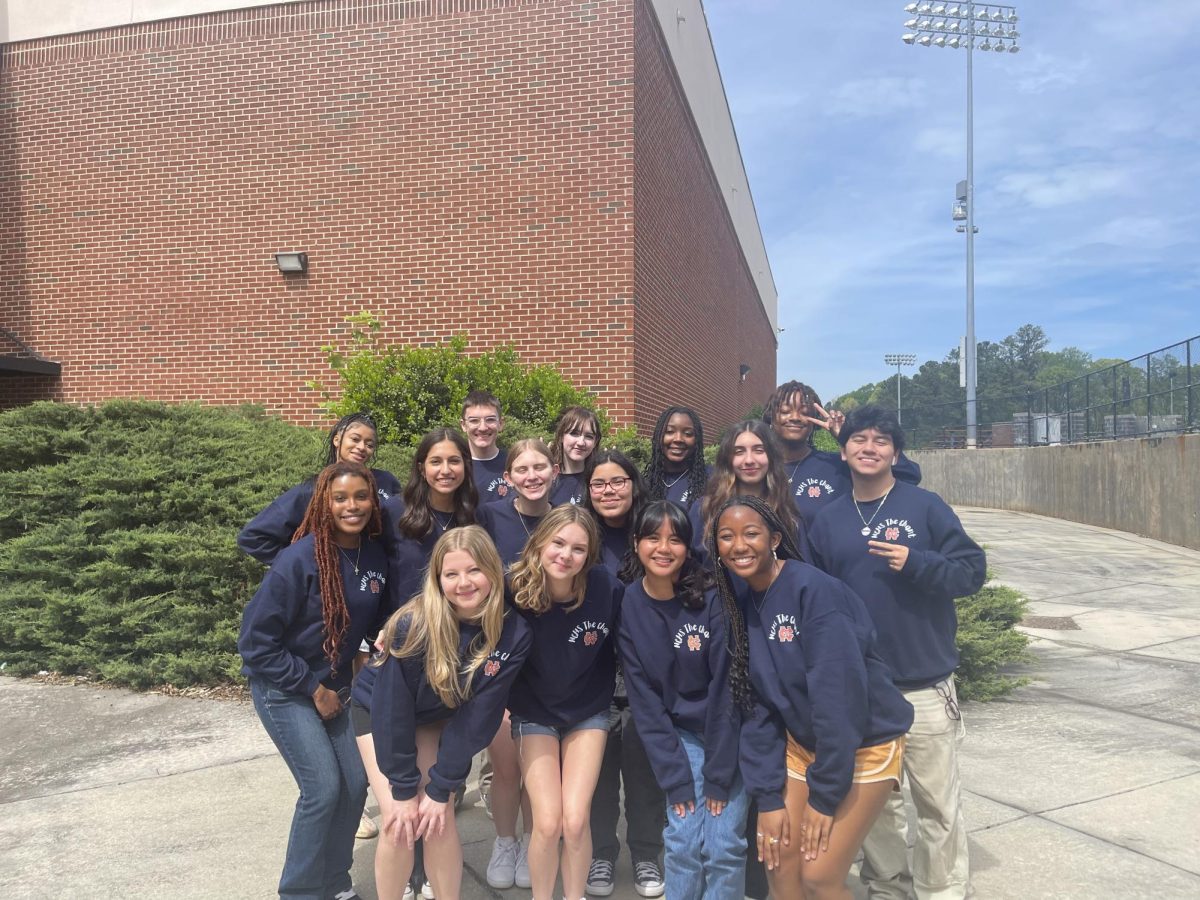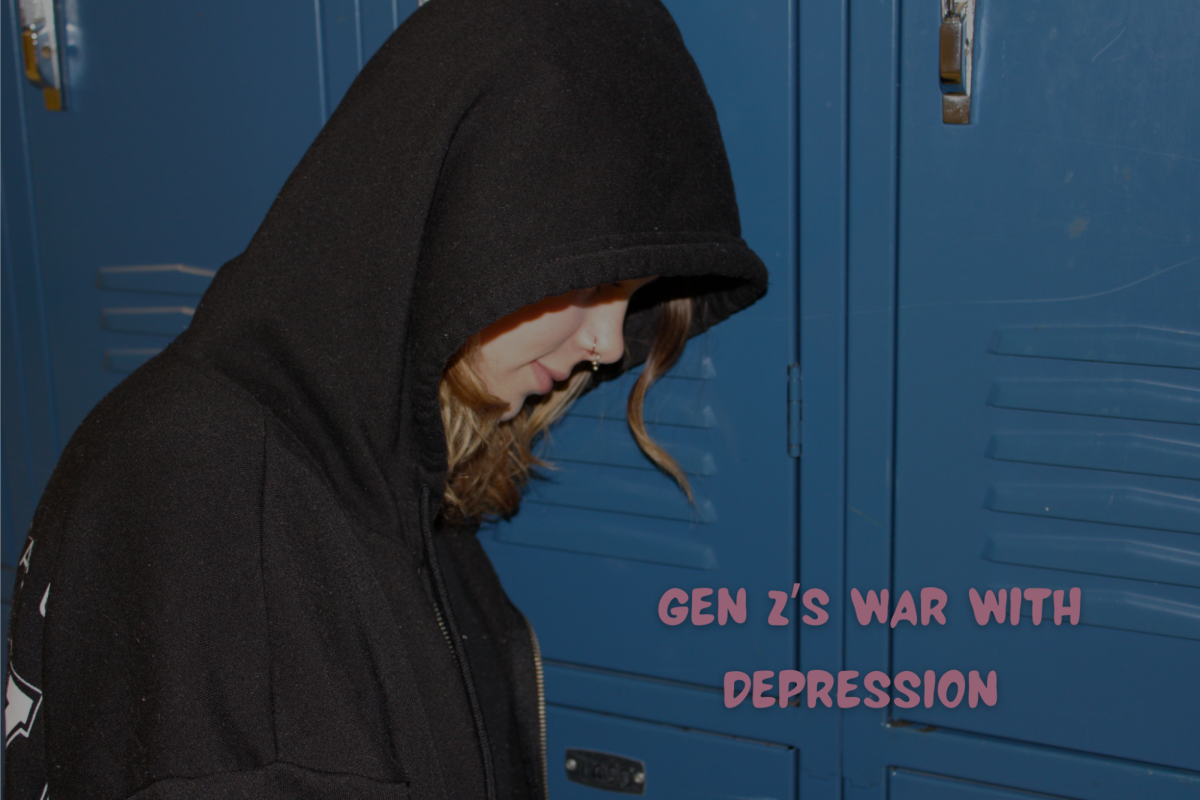Throughout 2023, Hispanic artists showcased their musical talents to American audiences and ranked highly on Billboard charts despite their language barriers. From SZA announcing Bad Bunny’s well-deserved Grammy win to Kali Uchis’ spectacular bilingual album “Red Moon in Venus”, Americans increasingly tuned in to musicians of Hispanic descent. While reggaetón certainly made its rounds as Tainy showcased his outstanding production abilities and Rauw Alejandro took a unique spin on the popular genre, no other musical genre could compete with the resurgence of Mexican corridos.
With over 1 billion streams on Spotify, “Ella Baila Sola” by Eslabon Armado and Peso Pluma dominated musical charts and broke records by placing No. 1 on the Billboard Global 200 chart— the first Mexican regional song to ever reach first place in Billboard history. As the track opens up with rapid guitar strums, the two artists trade lyrics with one another about a girl who dances alone and their attempts to impress her. The track perfectly represents the corridos tumbados genre, where traditional corrido elements of heartbreak and relatability mesh with urban elements and trap influences.
The history of corridos traces back to the 18th century, and Mexican people curated corridos for the sake of storytelling. The corrido began as poems and verses recited by colonized people, and string instruments such as the guitar soon followed the narratives of Spanish singers. The songs tell heroic stories of love and legendary figures, and the singers utilize vivid imagery and dialogue to illustrate their musical tales. Several people also believe that the first true corridos emerged during the Mexican War of Independence in the early 19th century, and wealthy patrons requested songs with lyrics that would praise prominent political leaders.
Corrido artists typically portray topical subjects through narratives and folk ballad-inspired instrumentation. While corridos continued as a genre where Mexican artists would sing about forms of oppression and romantic relationships, Los Tigres del Norte took the genre to new heights. With seven Grammy wins and seven Latin Grammy wins respectively, the group used their songs to highlight the immigrant experience and have continued to illustrate narratives for over 55 years. Los Tigres consists of family members with roots in the Mexican state of Sinaloa, and they crossed the border to the United States in 1968 with temporary visas in hopes of creating a name for themselves. Through their musical stories, they advocated for immigration reform and condemned drug trafficking-related violence. For several immigrants and Hispanic people, their corridos portray relatable stories with a serenading fusion of accordion and guitar.
“I have been a fan of Los Tigres del Norte since day one. Los Tigres are the originals when it comes to corridos. They are also supporters of the LGBTQ+ community, which is rare in old Mexican culture because everyone in this era was homophobic [sic],” McEachern High School Sergio Garcia Aguilar said.
Narcocorridos began to emerge in the 1970s when singers would convey tales of drug smugglers and prominent kingpins, reflecting how wealthy members of Mexico used to pay for folk songs about local heroes in the 19th century. Narcocorridos contain violent imagery and often romanticize drug lords such as El Chapo Guzman. Specific Mexican states remain plagued by fighting amongst rival cartel groups, and this violence has impacted the lives of artists who participate in writing narcocorridos. During the 1980s, a wave of Mexican migrants crossed to the U.S. in hopes of escaping cartel violence, Chalino Sánchez needed to make a living and sold cassettes of his narcocorrido ballads. Sánchez lived in the state of California, but he wrote about violent settings and glamorized drug crime because he wanted success for himself and his family. His fearlessness led to his demise after a 1992 concert, where an anonymous person handed him a note with a death threat; if he continued to sing his corridos, cartel members would kill him. After sweating profusely and nervously looking at the crowd, he proudly sang a corrido titled “Alma Enamorada” hours before his death at 31 years old.
“Chalino Sánchez was one of the most influential narcocorrido artists that there ever was. He was such an influence that he developed the nickname ‘El Rey del Corrido’. Another reason for his huge success is that in the beginning, he would make songs for inmates who wanted their stories to be preserved. He has caused incredible influence on corridos,” magnet senior Eldeer Patino said.
Since the 1990s, cartel members have executed dozens of Mexican folk musicians due to the contents of their music. Peso Pluma, an artist who wrote narcocorridos such as “GAVILÁN II” and previously glorified El Chapo, recently received death threats from the Jalisco New Generation Cartel (CJNG). Members placed four banners across Tijuana, Baja California, stating that if he showed up at the local venue for his tour, it would stand as his last concert. CJNG also warned the popular group Fuerza Regida to refrain from performing in Tijuana. While violence continues to plague Mexico and the music that originates from the country, corridos still portray unique storytelling and uplift oppressed voices. Current corridos reflect relatable stories of people striving for love and freedom, and Mexican regional music will continue to rise in popularity.





















